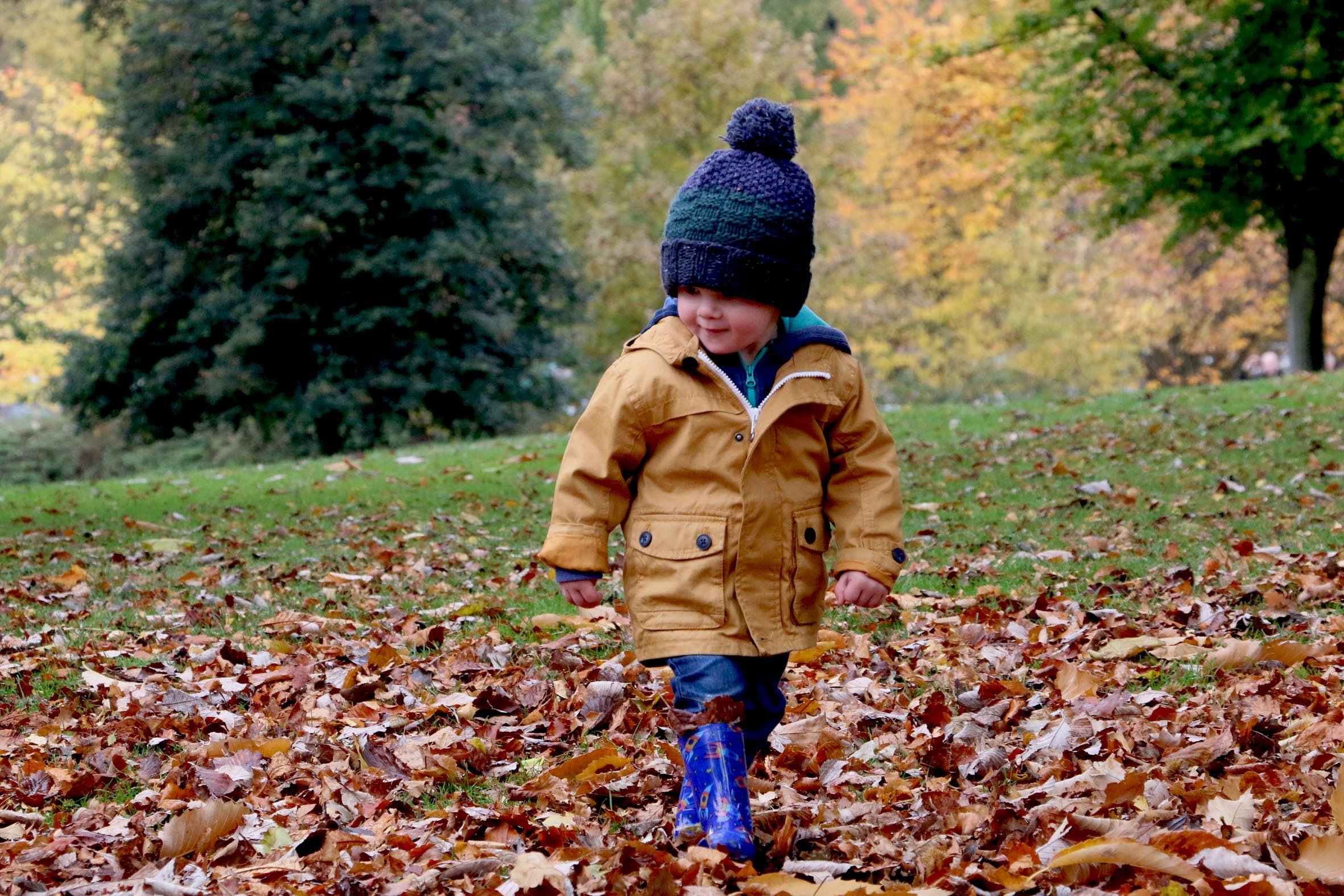Signs and Symptoms of Depression in Children: A Guide for Parents
As a parent, it can be difficult to recognize when your child is experiencing depression. Depression is a serious mental health condition that affects people of all ages, including children. While it is normal for children to feel sad from time to time, persistent feelings of sadness that interfere with their daily lives can be a sign of depression.
It's important to note that depression in children can manifest in different ways than it does in adults. For example, children may not have the same vocabulary to express their feelings, or they may not be able to recognize or communicate that they are experiencing depression.
Here are some common warning signs that your child may be experiencing depression:
Feelings of sadness and hopelessness: If your child seems sad or down most days, or if they express feelings of hopelessness or helplessness, they may be experiencing depression.
Feelings of anger and irritability: Children with depression may also exhibit signs of anger and irritability, even if they don't typically have a temper.
Loss of interest in previously enjoyed activities: If your child is no longer interested in activities they used to enjoy, such as playing with friends or participating in extracurricular activities, it may be a sign of depression.
Withdrawing and isolating: Children with depression may withdraw from social situations and isolate themselves from others.
Changes in appetite and weight: Depression can affect appetite and lead to changes in weight, either gaining or losing weight.
Sleep disturbances and feelings of fatigue: Children with depression may have trouble falling asleep or staying asleep. They may also feel tired or fatigued during the day.
Difficulties with concentration and decision making: Depression can also affect a child's ability to concentrate and make decisions.
Feelings of worthlessness: Children with depression may have feelings of worthlessness or guilt.
Engaging in self-harm: Some children with depression may engage in self-harming behaviors, such as cutting or burning themselves.
Recurrent thoughts about death: If your child talks about death or expresses a desire to die, it is important to seek help immediately.
It's important to note that not all children with depression will exhibit all of these symptoms, and symptoms can vary in severity. If you notice any of these warning signs in your child, it's important to seek help from a mental health professional.
Treatment options for childhood depression can include therapy, medication, or a combination of both. A mental health professional can work with you and your child to develop a treatment plan that meets their unique needs.
Remember, depression is a treatable condition. With the right support and treatment, children with depression can go on to lead happy, healthy lives. Don't hesitate to seek help if you're concerned about your child's mental health.



